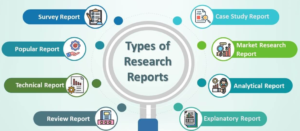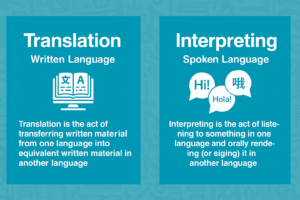Focus group discussions (FGDs) employ several key strategies to elicit rich and insightful data from participants. Here are some major strategies used by Research Clerk in conducting FGDs:
Participant Selection: FGDs typically involve selecting participants who represent the target population or stakeholders relevant to the research topic. Diversity in participant demographics, backgrounds, and perspectives can enrich discussions and provide a holistic understanding of the topic.
Moderator Facilitation: A skilled moderator plays a crucial role in guiding the FGD process. The moderator facilitates discussions, ensures all participants have an opportunity to contribute, maintains focus on the research topic, and manages group dynamics to encourage open and respectful dialogue.
Open-Ended Questions: FGDs rely on open-ended questions to stimulate discussion and encourage participants to share their thoughts, experiences, and opinions freely. These questions are designed to explore participants’ perceptions, attitudes, beliefs, and behaviors related to the research topic in-depth.
Probing and Follow-up: Moderators use probing techniques to delve deeper into participants’ responses and explore underlying motivations, reasons, and perspectives. Probing involves asking follow-up questions, seeking clarification, and encouraging elaboration to uncover richer insights.
Group Dynamics Management: FGDs require effective management of group dynamics to ensure active participation, balanced interaction, and respectful communication among participants. Moderators may employ strategies such as icebreakers, ground rules establishment, and rapport-building activities to foster a supportive and conducive discussion environment.
Encouraging Diverse Perspectives: FGDs aim to capture a range of perspectives and experiences related to the research topic. Moderators encourage participants to express diverse viewpoints, challenge assumptions, and share contrasting opinions to stimulate critical thinking and generate comprehensive data.
Non-Verbal Communication Observation: In addition to verbal responses, moderators pay attention to participants’ non-verbal cues such as body language, facial expressions, and gestures. These cues provide valuable insights into participants’ emotions, attitudes, and reactions to the discussion topics.
Recording and Documentation: FGDs are typically audio or video recorded to capture the nuances of the discussion accurately. Detailed notes may also be taken during the session to document key points, participant contributions, and notable insights for later analysis.
Data Analysis: Following the FGDs, researchers analyze the collected data to identify recurring themes, patterns, and trends. Qualitative analysis techniques such as thematic coding, content analysis, and narrative interpretation are commonly used to extract meaningful insights from the transcripts or recordings.
By employing these strategies, focus group discussions enable researchers to explore complex research questions, uncover diverse perspectives, and generate rich qualitative data that informs decision-making, policy development, and further research endeavors.










